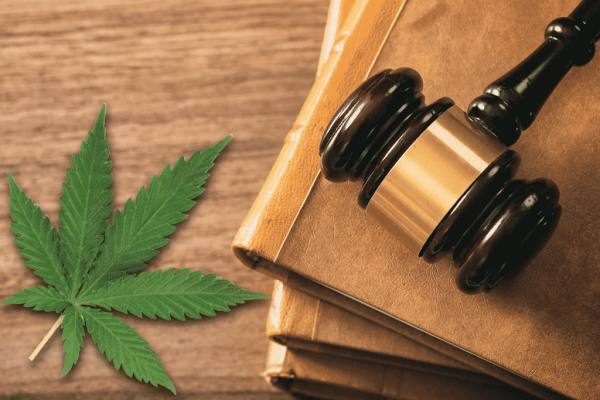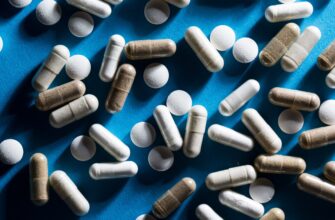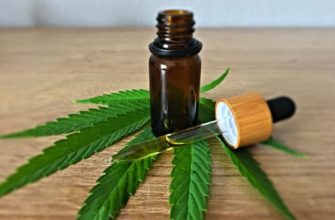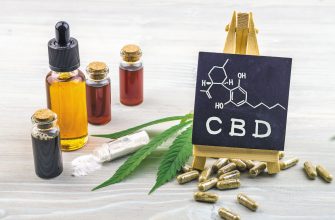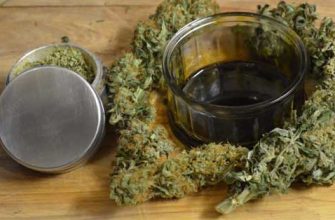the effect CBD Driving (without using other materials):
Why is there even a problem with CBD If it doesn’t have an intoxicating effect?
In a November 2019 FDA warning letter against the popular medical use of CBD, one of the main charges was that cannabidiol is an anesthetic and therefore dangerous to drive.
CBD SEDATING – Cannabidiol is a soothing / anesthetic / anesthetic – this is a common belief, but it’s actually more forgiving:
A moderate dose of CBD is “mildly stimulating” (warns of anxiety), however a very high dose of CBD can have a two-way effect (stimulant as well as anesthetic) and thus promote sleep. If the CBD-rich cannabis buds have a calming effect, this is due to the myrcene-rich terpene profile, which are terpenes with sedative / anesthetic properties and pain relievers. CBD It is not, per se, a sedative. But it can get back to normal sleep patterns by reducing mental stress and anxiety. CBD does not create feelings of intoxication or make people using it feel “hi”, but it can certainly have a positive effect on consciousness and mental well-being in many ways.
How exactly CBD The impact on driving is still an open question.
Drivers who plan to drive after consuming CBD should exercise caution, according to a press release from the US Food and Drug Administration (FDA). This is after a manager’s assessment that CBD can cause drowsiness and increased fatigue: Some medications and driving are incompatible
So far there are few studies looking at how CBD may affect driving, one of the most important of which belongs to Dr. Thomas Arkale A University of Sydney author who investigated the link between CBD, THC and driving in a 2019 study published in the journal Psycho-Pharmacology.
The cannabidiol (CBD) content of vaporized cannabis does not prevent tetrahydrocannabinol (THC) -induced impairment in driving and cognitive function.
CBD anesthetic?
Concerns about the impact of CBD on driving skills have nothing to do with being defined as a cannabinoid –
Anxiety is due to the calming effect of the molecule. There are quite a few anecdotal reports about this effect (about 10% of Americans who report having experienced CBD have used it to try and resolve sleep problems).
This sedation has also been tested in a number of studies, but it’s worth noting that the dose of CBD was very high in all of them.
Cannabidiol in humans – in search of therapeutic targets
Cannabidiol in anxiety and sleep: a series of extensive cases
Myth: Mother CBD convert to- THC In the stomach?
Oral CBD is well tolerated by humans, but concerns about possible harmful side effects that could limit the medical benefits and economic potential of the molecule have cropped up from time to time in recent years, including misleading reports that CBD becomes a molecule due to gastric acidity. juice. (That is, the user takes CBD, but it actually becomes THC in the stomach)
The truth is not like that.
CBD does not convert to THC in the stomach.
Extensive clinical studies show that CBD is ingested – even in doses. More than 600 mg For a day – Do not cause psychoactive effects of THC. On the contrary, enough CBD can reduce or neutralize THC toxicity. The World Health Organization (WHO) looked into this issue three years ago and gave the CBD full health endorsement and its 2017 report. : “Imitation of gastric juice does not accurately reproduce the physiological conditions in the digestive system and vice versa CBD TO- THC No evidence from people who received CBD“.

